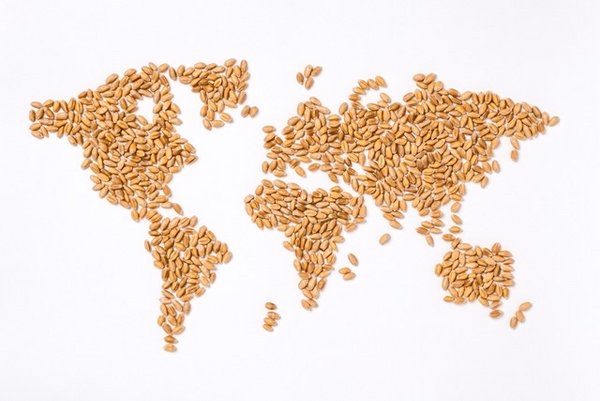 Read this article in French
Read this article in French- Share this article
- Subscribe to our newsletter
Swiss Parliament seeks to delete clauses on plant varieties protection
In future, the clause on plant varieties protection is to be deleted from trade agreements negotiated by Switzerland. The Foreign Policy Commission of the Swiss National Council approved a corresponding parliamentary initiative. The Coalition for the Right to Seed (Alliance Sud, Fastenaktion, FIAN, HEKS, Helvetas, Public Eye, Swissaid, Uniterre) welcomes this step towards more food security for smallholders in the Global South and the conservation of biodiversity.
The Commission adopted parliamentary initiative No. 22.492 with 13 votes in favour of it, seven against it and four abstentions. Thus, according to a press release by the Coalition for the Right to Seed of the 21st March 2023, it has given a clear signal that Switzerland no longer intends to apply a clause committing its trade partners to comply with the directives of the International Convention for the Protection of New Varieties of Plants UPOV91. Helvetas is a member of the Coalition.
This clause is contained in the mandates to negotiate for Swiss trade agreements with other countries and obliges the latter to enact varieties protection laws in accordance with UPOV 91. This regulation forbids farmers to barter or sell seed which they themselves produce if it belongs to a protected variety. Even reproduction for one’s own use is only partly permitted and entails payments.
Now, however, Switzerland has taken a step towards retaining farmers’ rights to seed. “With these seed rights, smallholders can improve their food security and protect biodiversity,” explains Simon Degelo, who is responsible for seed and biodiversity at SWISSAID.
Right to free use
The centuries old practice of farmers to use, barter or sell seed they have grown in their own fields is essential for food security in the countries of the South. This guarantees supplies of seed and is key to maintaining and developing the diversity of our cultivated plants.
This is why the farmer’s right to reproduce, use, barter and sell seed has been established in the United Nations Declaration on the Rights of Peasants and Other People Working in Rural Areas (UNDROP) and in the International Treaty on Plant Genetic Resources for Food and Agriculture of the UN Food and Agriculture Organization (FAO).
The UPOV clause curtails these rights world-wide. “Switzerland has to defend the right to seed and hence the right to food,” adds Tina Goethe of HEKS. The Coalition for the Right to Seed also calls on the Foreign Policy Commission of Switzerland’s Upper Chamber to support the parliamentary initiative.
(Helvetas/wi)
More information:





Add a comment
Be the First to Comment